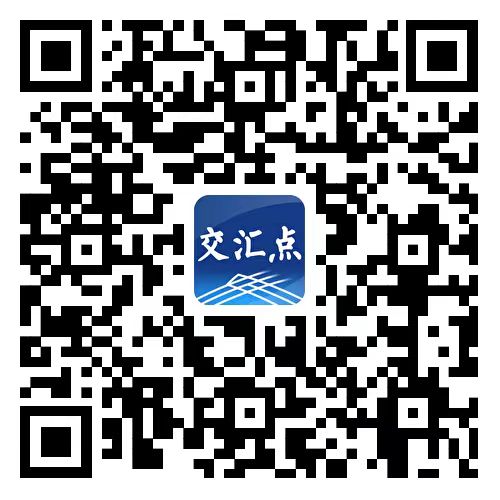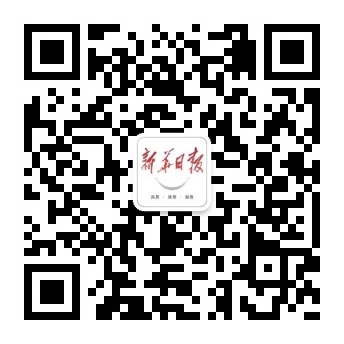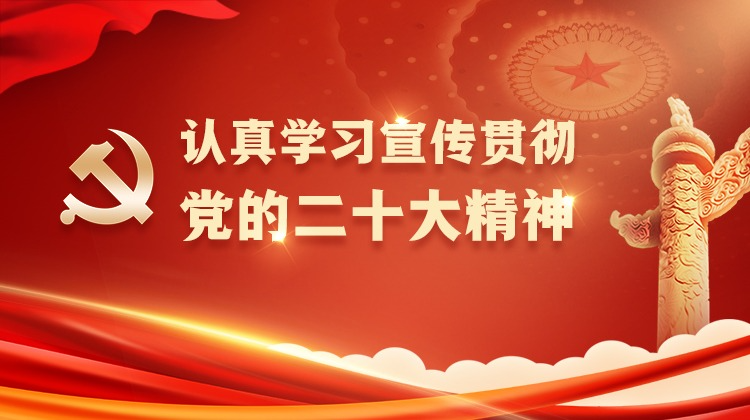
"China has been a great partner," Iowa farmer Bill Pellett told Xinhua. "We've sold them soybeans, beef, grain. I've been there. I've talked to consumers. When you meet face to face, you realize we're not that different."
by Yang Shilong, Li Xirui, Liu Yanan
ALTANTIC, United States, June 8 (Xinhua) -- Two years ago, Iowa farmer Bill Pellett planted 50 walnut trees for his grandchildren. Today, 49 of them stand strong -- not for harvest or profit, but for legacy.
"This is something they can walk through and pass on," Pellett told Xinhua in a recent interview. "It's a reminder to take care of the land and the things we can't get back."
On this patch of land just outside Atlantic, Iowa, Pellett spoke with reverence about soil, sunlight and birdcalls. But behind the serenity, his livelihood is tethered to global trade, especially the impact of U.S.-China tensions.
"China has been a great partner," he said, squinting into the late spring sun. "We've sold them soybeans, beef, grain. I've been there. I've talked to consumers. When you meet face to face, you realize we're not that different."
That relationship came under stress in April when U.S. President Donald Trump launched a new wave of tariffs on the country's trade partners, reviving a hardline strategy in his first term.
Pellett's 24-year-old grandson, Cale, saw firsthand how tariff policy could jolt farmers into quick decisions. "Corn seemed more profitable this year," he said. "Some folks who were going to plant soybeans switched last-minute to corn. That's how quickly trade policy affects real decisions."
He's frustrated by how policy uncertainty often outpaces investment cycles. "You can build a renewable diesel facility in 18 months," he said. "But a trade war can kill a market in 18 hours. That mismatch is dangerous. It leaves people scrambling."

China was once the top buyer of U.S. soybeans. Today, due in part to tariffs, it sources more from Brazil, a shift that has cost U.S. farmers billions and diminished their global market influence.
"We missed an opportunity," Pellett said bluntly. "If politicians don't fix it, someone else will fill the gap. Brazil already is."
By mid-May, China and the United States agreed to a 90-day pause. Pellett viewed it as a fragile lifeline.
"This isn't just about corn and soybeans. It's about trust," he said. "And trust doesn't come from press releases. It comes from people talking to people."
He believes the world is increasingly defined not by superpower posturing, but by how citizens relate across borders.
"We don't want to trade missiles," Pellett said. "We want to trade food, values, ideas and the products of each other's minds."
Back on the farm, about half of Pellett's corn feeds his own cattle -- a buffer against market swings. The livestock operation now contributes roughly 30 percent of the total farm income and is gradually shifting to the next generation.
"Younger folks don't have the capital to buy in all at once," Pellett said. "So we've changed how we structure things. My sons and grandson are taking on more every year."
He rotates corn and soybeans to suppress pests and reduce chemical use. Deep and fertile soil -- up to three feet thick -- gives him flexibility. This year, he skipped fertilizer but won't cut corners on weeds.
"Herbicides are essential," he said. "Fungicides pay off too, but only if prices are right."
Despite political noise, Pellett believes U.S.-China ties can improve through direct exchange.
He believes deeply in what he calls "person-to-person diplomacy."
"When we export soybeans, we're not just moving a crop," Pellett said. "We're exporting trust, science, hard work -- our story."







 新华报业网
新华报业网














 Android版
Android版
 iPhone版
iPhone版




